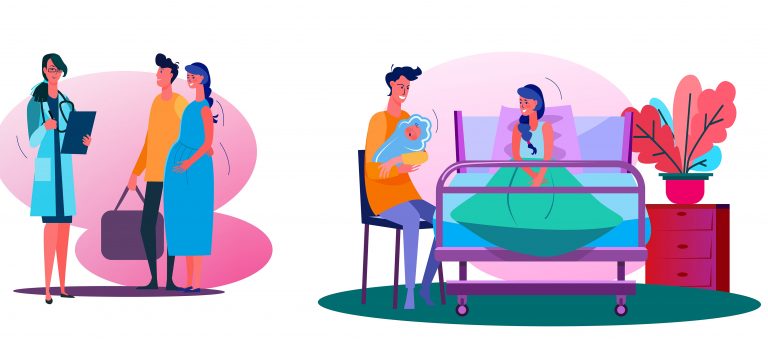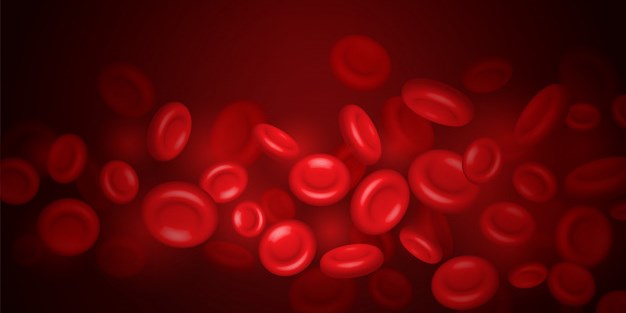Caffeine Intake during Pregnancy
Up to 200 to 300 mg of caffeine per day during pregnancy is generally not harmful.
During pregnancy, Caffeine can crosses the placenta and can be found in the amniotic fluid and fetal blood.
Studies are still limited and not 100% conclusive regarding the negative effects of caffeine on the pregnant lady and the fetus.
Tips in cutting down caffeine consumption:
1. Having caffeine-free beverages (water, fresh juices) or decaf coffee is always a safer option.
2. Mixing decaf coffee with the regular coffee.
3. Brew the coffee for shorter time.
4. Letting the tea bag for shorter amount of time (one minute for example).
5. Check with your doctor first before drinking any herbal teas as they may not be safe in pregnancy. Better to be cautious with peppermint tea and red raspberries leaf tea.
Ginger and mint are generally OK.
Energy drinks should be avoided completely during pregnancy.
Caffeine intake is not linked to preterm birth.
List of food and drinks contain caffeine:
1. Coffee
2. Tea
3. Soft drinks
4. Energy drinks
5. Chocolate, specially dark
6. Cold and flu remedies
Caffeine content is some drinks and food:
1- Coffee: 102 –200 mg per 235 ml
2- Brewed tea: 40–120 mg per 235 ml
3- Instant coffee: 63 mg per 235 ml
4- Decaffeinated coffee: 3–12 mg per 235 ml
5- Soft drinks: 35–47 mg per 355 ml
6- Dark chocolate: 31 mg per 41 g
Negative effects of high consumption of caffeine during pregnancy:
It may increase the risk of:
1. Hindering the quality of sleep, as enough hours of sleep is needed.
2. Gestational hypertension.
3. It may cause fetal hypoxia but not enough researches have proven that.
4. Changes in fetal sleep and movement patterns in later stages of pregnancy.
5. Fetal heart rate variability.
6. Fetal difficulty in absorbing iron.
7. Low birth weight infant.
On child:
1. Irritability and vomiting after delivery, usually stop within 84 hours.
2. It may have relation to behavioral disorders in children in the future.
Other:
As caffeine is diuretic, excess Caffeine intake may cause your body to lose water and other essential vitamins.



